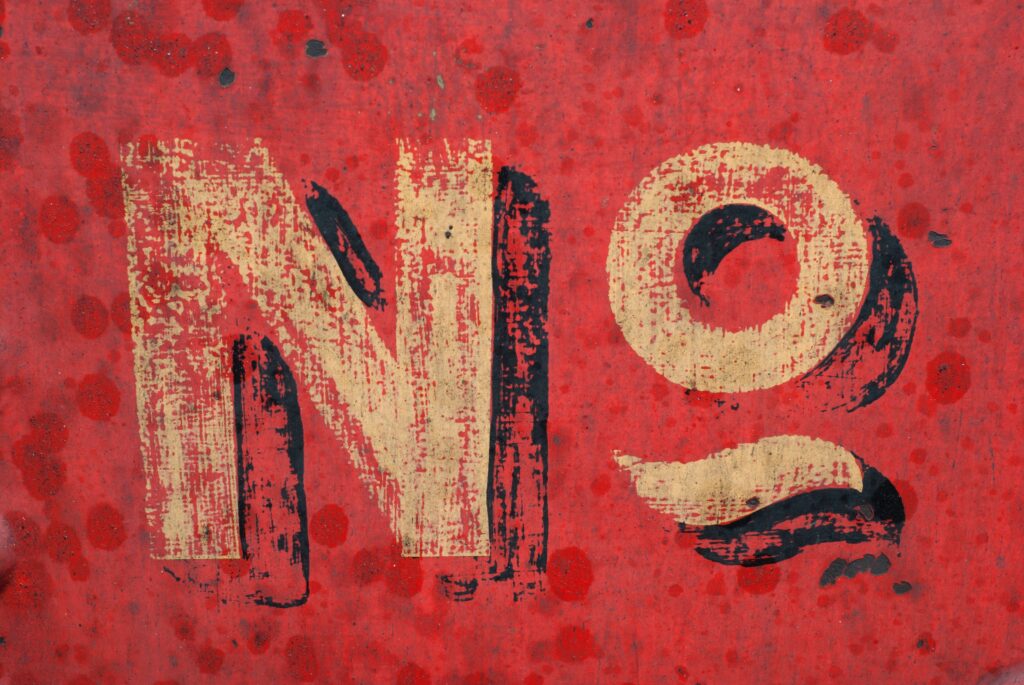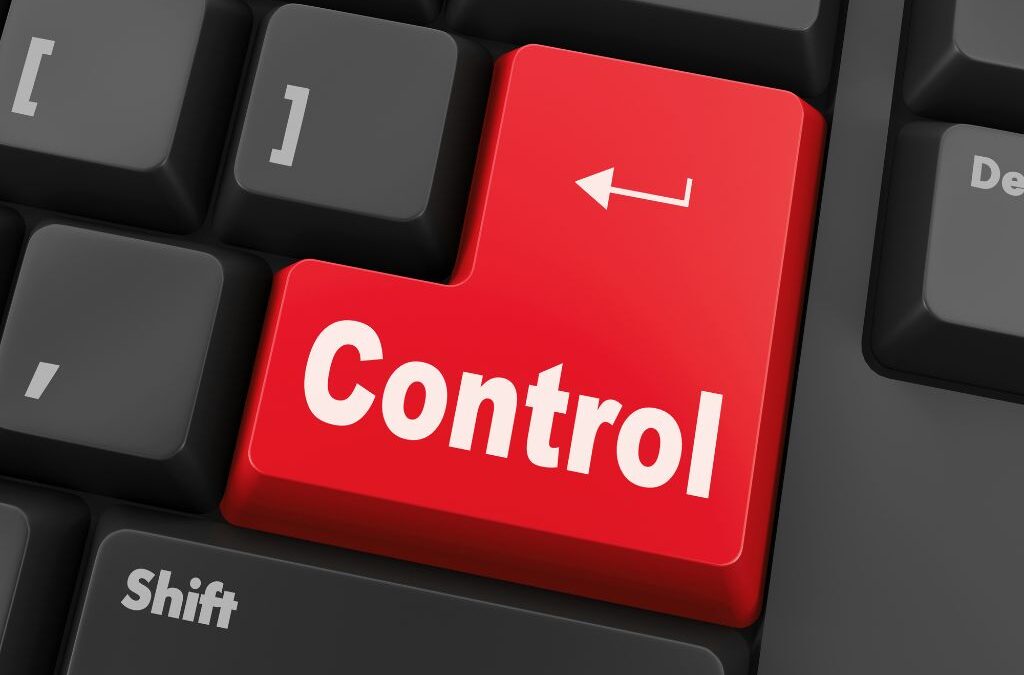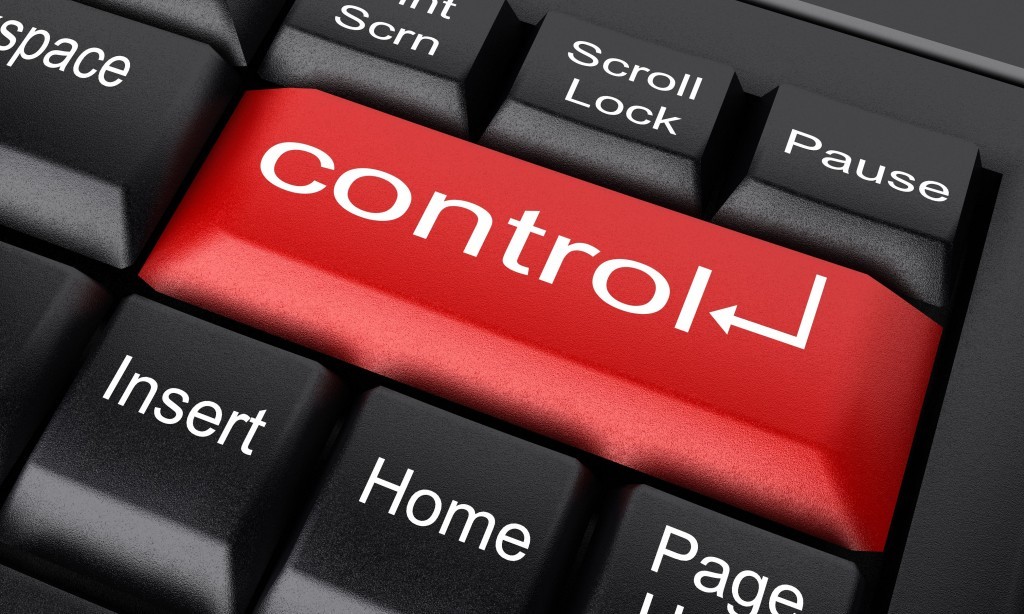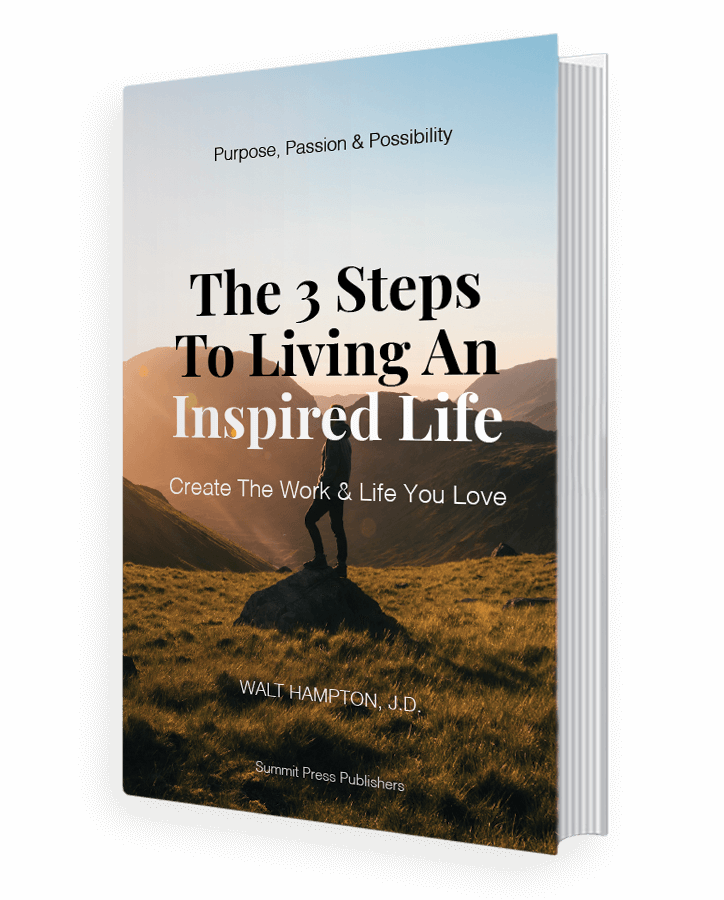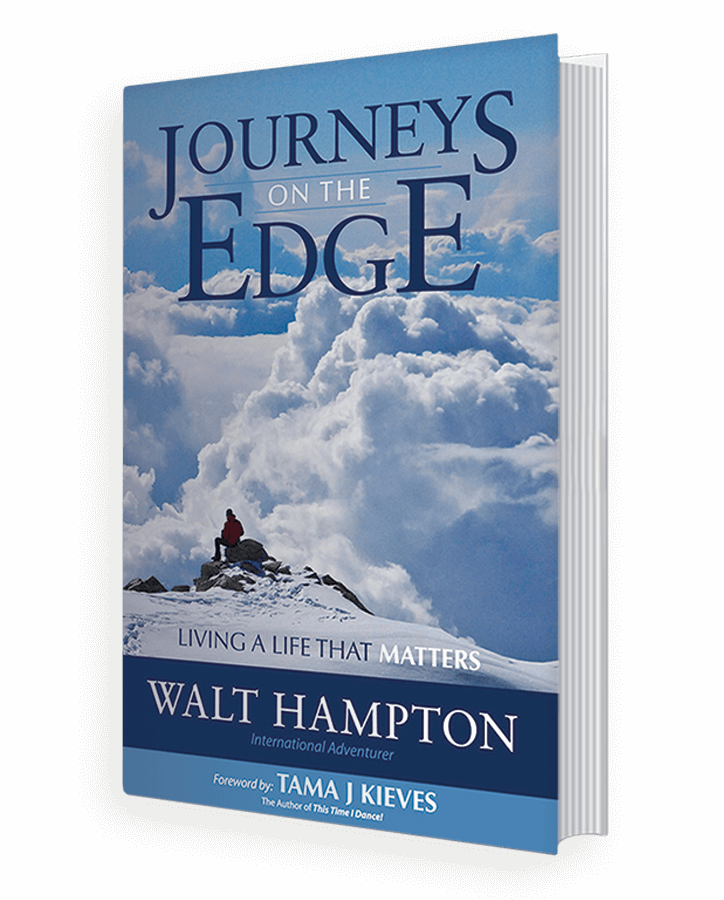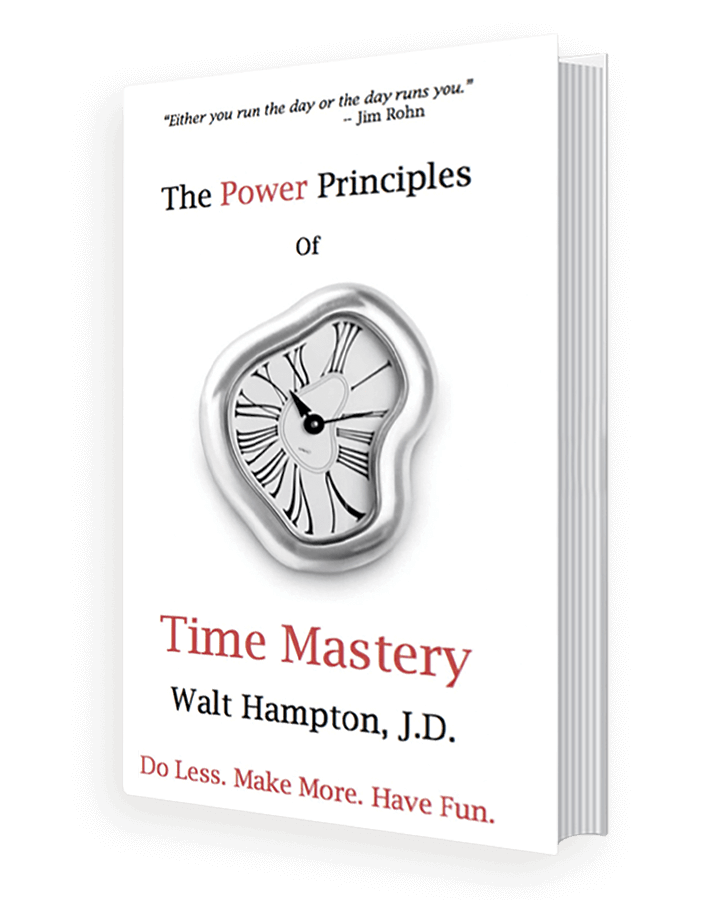What is essential is invisible to the eye.
— Antoine de Saint-Exupéry, The Little Prince
I have a confession to make: I’m a huge James Bond fan. I have loved them all in all of their incarnations and inanity, from Connery to Craig.
Dr. No was the first Bond movie, dating all the way back to 1962. Bond was played by the inimitable Sean Connery. Julius No was the villain.
But these days, I tend to think of anyone with doctoral-level skills in “No” as a hero.
I gave a workshop recently on mindfulness and work-life balance. As I was getting ready for the workshop, I had a convo with a colleague of mine, Sandy.
Sandy, a lawyer, said, “Walt, I hear you’re giving a seminar on life balance.”
“Yes,” I said. “Are you coming?”
Breathlessly, because Sandy is usually breathless and in a hurry, she replied, “No, can’t, have no time.”
We both chuckled about how ridiculous that sounded. But however ridiculous it may have been, it is, for most, not only irony but truth.
We have no time to get balanced because we’re so out of balance. And breathless.
Saying “no” might help.
If you’re reading this, you are, most likely a person of service. You tend to want to please others and be seen as affable. If you get asked to contribute in some way to a church or school or community event, most often your knee-jerk reaction is to say yes. And if you dare say no, it’s not without some chagrin and guilt.
Parents are particularly prone to “yes.” As parents, we’re hard-wired to want the best for our kids. We’re hard-wired to want to see them happy. Most of the time, in our minds, the “best,” or what we think will make them “happy,” is to say “yes” to whatever the request is. Even when saying “no” may be the “right” response.
Helping professionals are especially at risk. They get paid to come to the rescue. And coming to the rescue feeds their sense of self-worth. The more they say yes, the more meaning and significance they feel. Even when saying “yes” places them at risk for divorce, depression, and burn-out. (Not that I know much about this personally!)
Not only that, saying yes, being busy, is “in.”
How often during the course of the day does this occur? “How are you?” you ask someone. “Busy,” they reply.”
Busy is a badge of honor. Busy is good. If you’re not busy, something’s wrong!
How would it be if someone were to ask you how you were and you were to respond, “Languid.” “Bored!” “Been laying about.” “Haven’t had a thing to do in weeks!” You’d get a look that might suggest that they thought you were on crack.
You gotta be busy. Because to be busy is to be important. To be busy is to have worth.
The problem, of course, is that by continually saying yes, you become stretched too thin, over-extended. Depleted. Worth-less.
I really like the Pareto Principle. It’s also called the 80/20 rule.
Tim Ferriss in his provocative book The 4-Hour Work Week, says, “When I came across Pareto’s work one late evening, I had been slaving away with 15-hour days seven days per week, feeling completely overwhelmed and generally helpless.”
Overwhelmed and helpless ring any bells? I know that I am susceptible to this!
“Faced with certain burnout or giving Pareto’s ideas a trial run, I opted for the latter,” Ferriss says. “The next morning, I began a dissection of my business and personal life through the lenses of two questions:
1. Which 20% of sources are causing 80% of my problems and unhappiness?
2. Which 20% of sources are resulting in 80% of my desired outcomes and happiness?”
What are the 20% of the customers or clients that give you 80% of the headaches? Get rid of them. What is the 20% of your work that gives you 80% of your joy? Focus on it.
Who are the 20% of people who produce 80% of your happiness, who support and encourage you? Who are the 20% who cause the 80% of your angst?
You get the idea. We all take on too much. And much of what we take on is at the margins. Get rid of what’s not working. Do only what is.
Say no more often. No is a complete sentence.
Say yes only to what is essential. Say yes to what brings joy.
Robert Frost wrote, “Good fences make good neighbors.” Your boundaries matter. They protect you and make you whole.
By eliminating whole bushels of stuff from your life, you open expanses of time that will allow you to rest and renew. To reclaim your sense of purpose. Your sense of wonder. Your creativity. Your very self.
By saying no to what’s not working, you dissipate busyness, you open yourself to the richness and fullness of life.
By saying no, you say yes.
